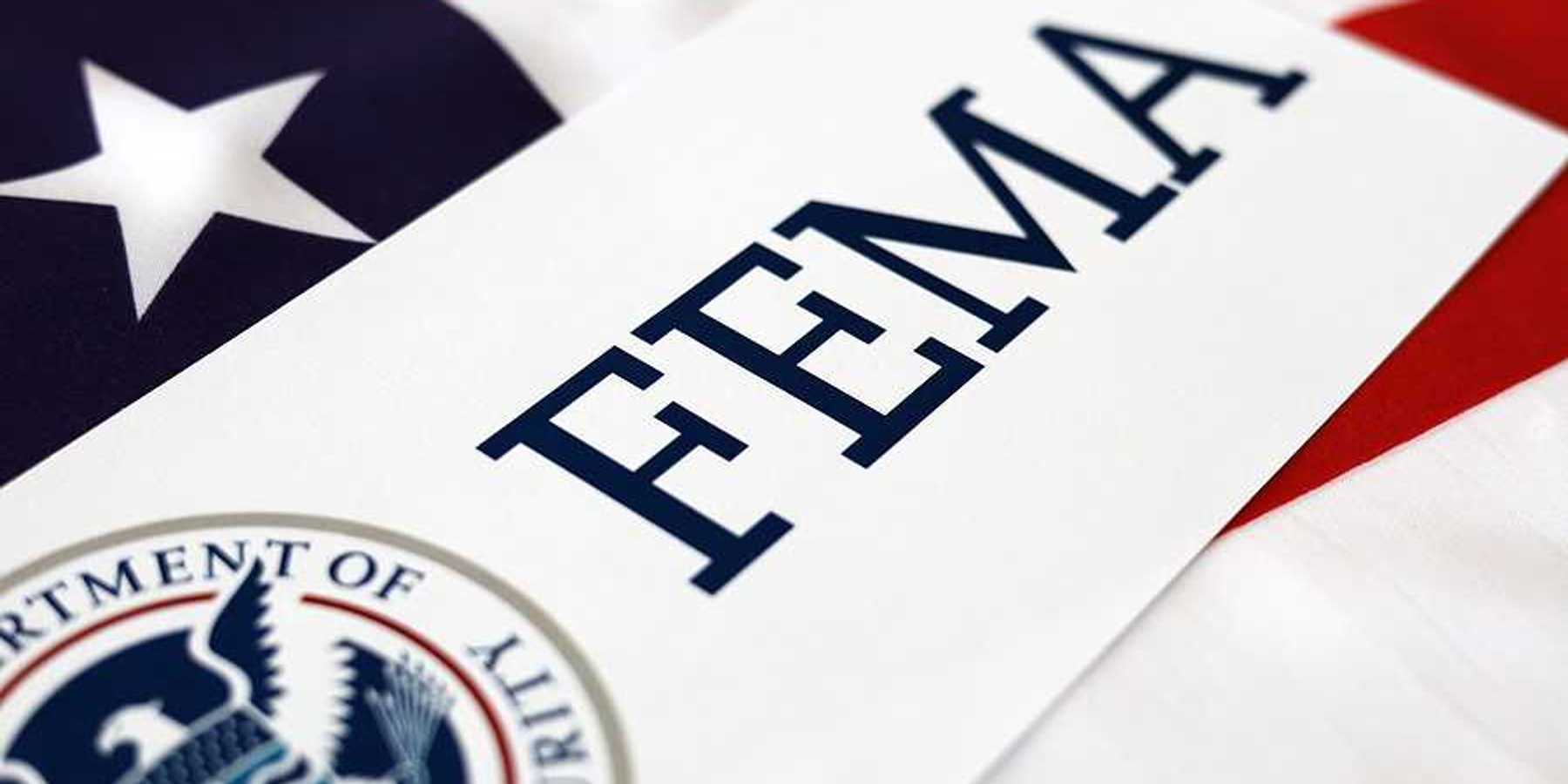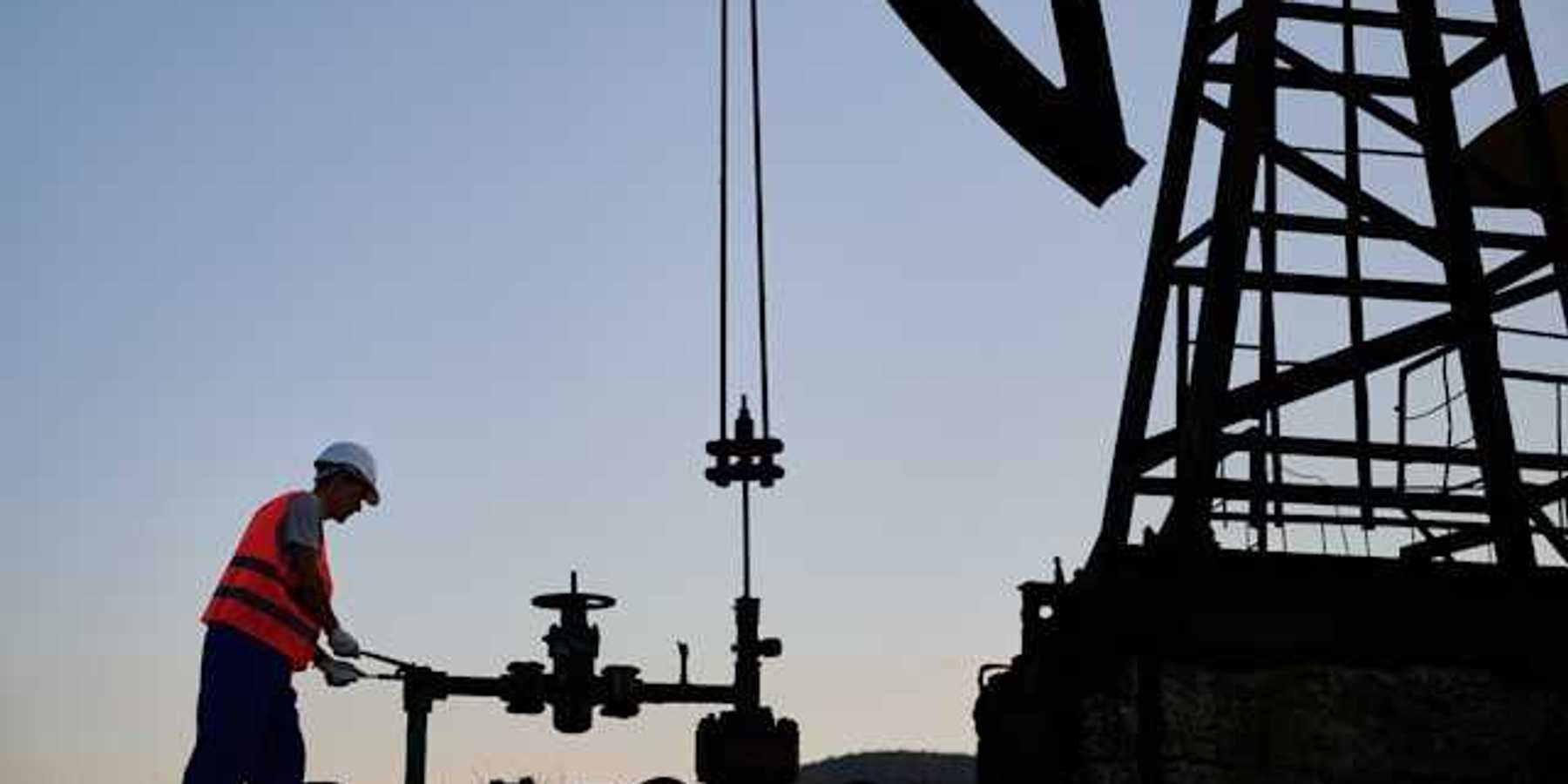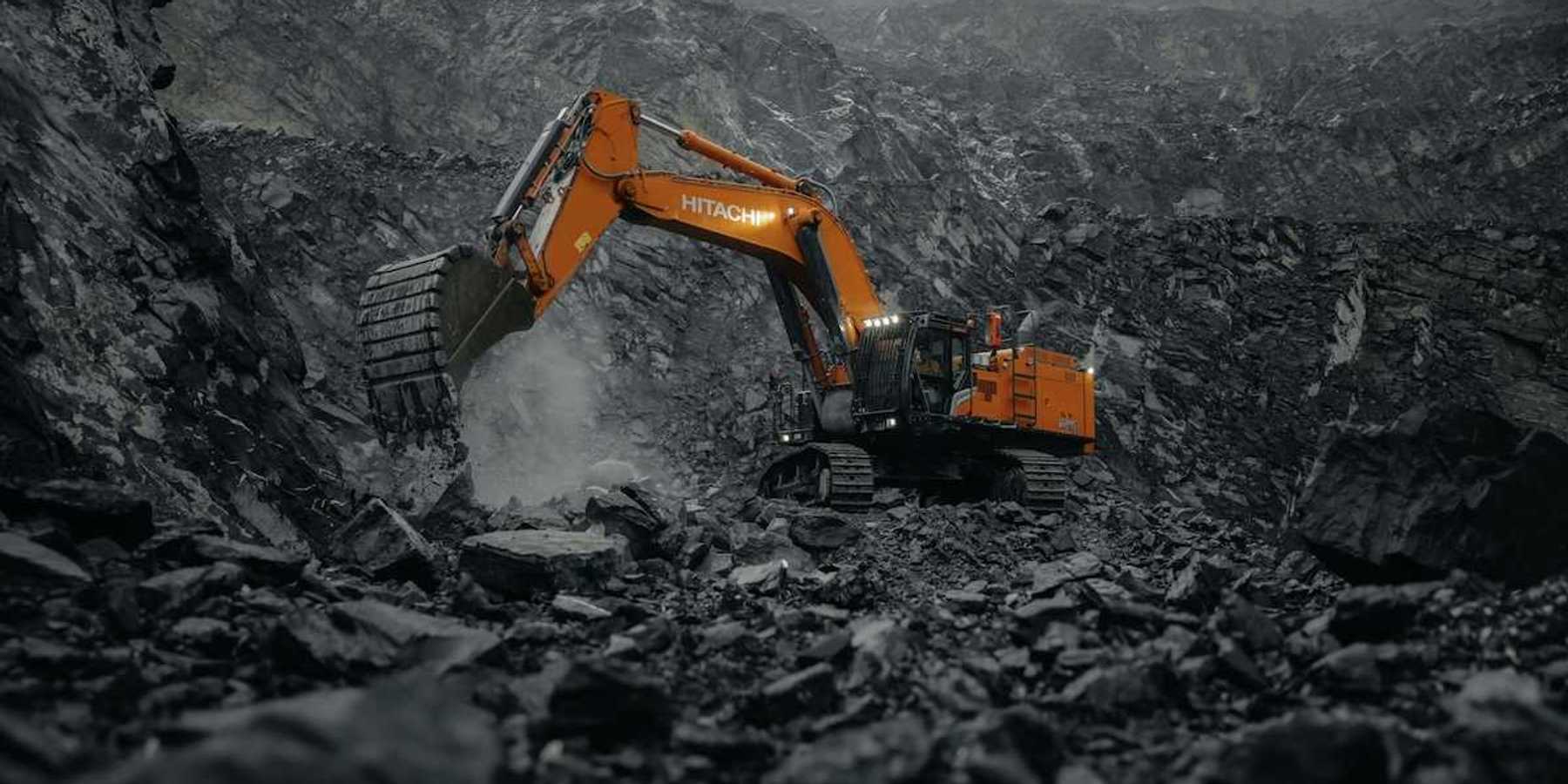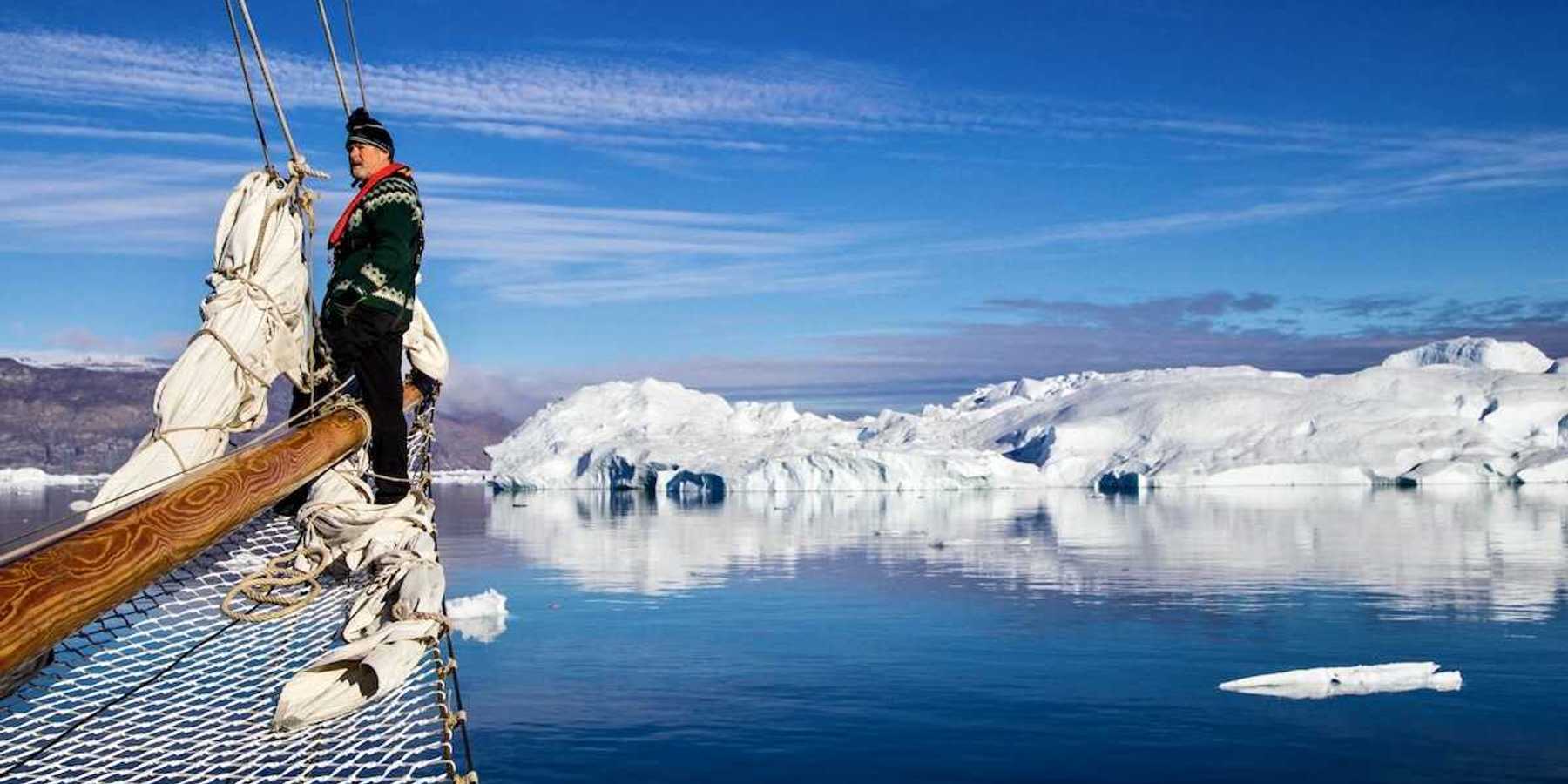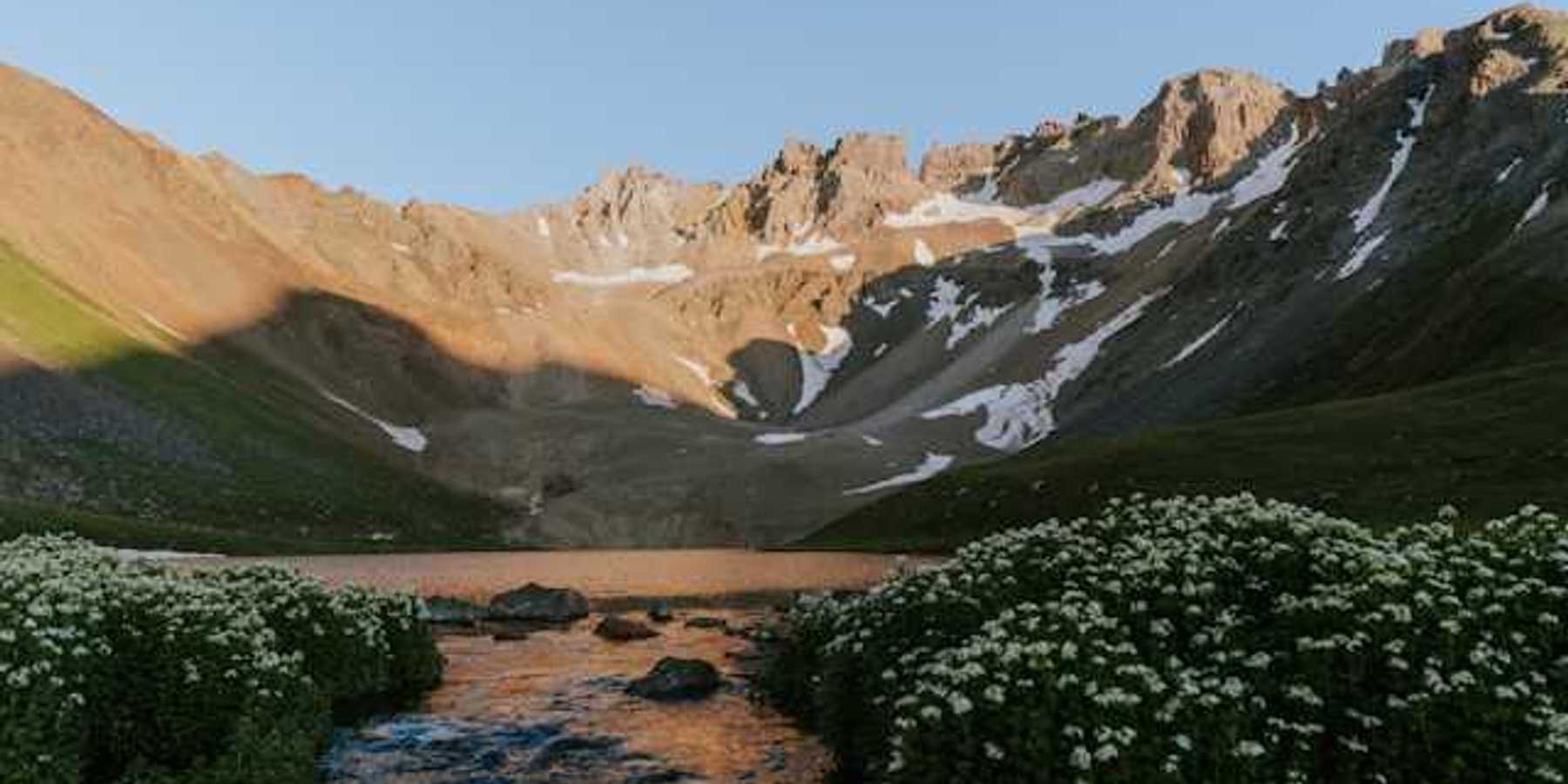Big banks and asset managers pull out of climate groups amid political shifts
As Donald Trump’s second term begins, major U.S. financial institutions, including JPMorgan, Goldman Sachs and BlackRock, have exited climate action networks, citing legal and political pressures.
Eshe Nelson reports for The New York Times.
In short:
- The six largest U.S. banks and the Federal Reserve left global climate initiatives before Trump’s inauguration, citing political and litigation risks.
- Groups like the Net Zero Banking Alliance and the Net Zero Asset Managers initiative were targeted by Republican-led states for allegedly harming the fossil fuel industry.
- European financial institutions continue to push stricter climate policies, widening the divide with the U.S. financial sector.
Key quote:
“It’s extremely disappointing to see these departures. Our hope is that they will continue to undertake this work at the pace and scale the science demands.”
— James Alexander, CEO of the U.K. Sustainable Investment and Finance Association
Why this matters:
The shift reflects growing resistance to corporate climate initiatives in the U.S., with potential long-term impacts on global efforts to address climate risks. As U.S. banks pull back from decarbonization, it could hinder progress on meeting international climate goals even as the financial impacts of climate disasters multiply.
Related: Banks fuel climate risk with $200 billion for new gas projects

